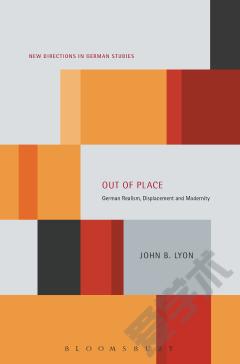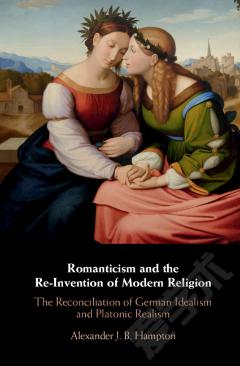Out of Place —— German Realism, Displacement and Modernity
----- 不合适宜
In late nineteenth-century Germany, the onset of modernity transformed how people experienced place. In response to increased industrialization and urbanization, the expansion of international capitalism, and the extension of railway and other travel networks, the sense of being connected to a specific place gave way to an unsettling sense of displacement. Out of Place analyzes the works of three major representatives of German Realism-Wilhelm Raabe, Theodor Fontane, and Gottfried Keller-within this historical context. It situates the perceived loss of place evident in their texts within the contemporary discourse of housing and urban reform, but also views such discourse through the lens of twentienth-century theories of place. Informed by both phenomenological (Heidegger and Casey) as well as Marxist (Deleuze, Guattari, and Benjamin) approaches to place, John B. Lyon highlights the struggle to address issues of place and space that reappear today in debates about environmentalism, transnationalism, globalization, and regionalism.
{{comment.content}}








 京公网安备 11010802027623号
京公网安备 11010802027623号